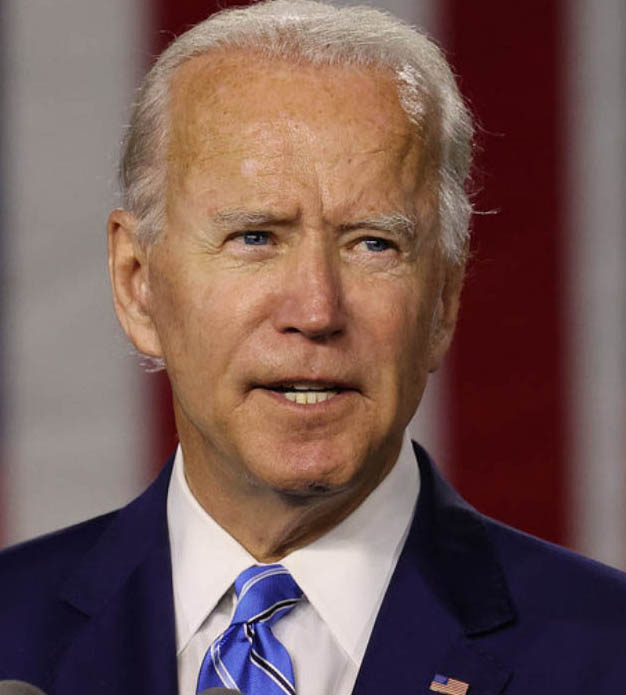More than either Washington or Caracas might have expected may have materialised out of the recent visit to Venezuela by a delegation of US officials, ostensibly to seek the release from custody of a handful of US oil officials and military personnel.
It had been three years since the US severed relations with Venezuela and publicly announced that it was recognizing the Opposition Leader as the country’s legitimate president. Last week’s engagement which reports say had come “after months of quiet back channel talks by intermediaries” including “American lobbyists, Norwegian diplomats and international oil executives” all lobbying for President Joe Biden to set aside what had been his predecessor’s “maximum pressure” to unseat Maduro.

Given the intractable positions that appeared to have long been cemented on both sides, few people, it seems, expected a great deal of substance to derive from the talks. Accordingly, analysts of the impasse between the two countries reportedly reacted with a fair measure of surprise when it was disclosed shortly after the engagement that President Maduro had appeared to strike a seemingly positive posture on the matter of improved relations between Caracas and Washington. “Venezuela President Nicolás Maduro signaled an interest in improving relations with the United States following weekend talks with high-level American officials prompted in part by Russia’s invasion of Ukraine and concerns of rising gas prices in the US,” is what the Associated Press reported on Monday.
While Maduro, according to the AP report, “did not provide details” on the outcome of the talks, he is reported to have said more than enough to suggest that a door might have opened to an eventual mending of fences between the two countries that precipitated an embargo of Venezuelan oil that all but completely collapsed the country’s economy.
Maduro, the report said, seemed to indicate that he was prepared to accede to US demands that he resume negotiations with his political opponents as what it described as “a first building block for any relief from US sanctions…“We have agreed to work on an agenda going forward, issues of interest. It seemed to me very important to be able, face to face, discuss issues of maximum interest to Venezuela and the world. And I ratify, as I said to the delegation, all our will to advance in an agenda of well-being and peace through diplomacy, respect and the highest hope for a better world.”
What is now being regarded as, perhaps, the most convivial discourse between the two countries since the severing of diplomatic ties more than three years ago comes in the wake of Russia’s invasion of Ukraine and the west’s attendant concern that sanctions that might staunch the flow of Russian oil to the US may well be a compelling factor in the Biden administration now seeking to soften its position on Venezuela.
Venezuela, believed to possess the largest volumes of oil anywhere in the world has, over time, become Russia’s main ally in Latin America and Caracas though Washington may be banking on Caracas’ “re-entry into US energy markets” in order to “mitigate the fallout at the pump from a possible oil embargo on Russia,” the AP report said.
It should be noted, however, that President Maduro’s upbeat assessment of the talks between the US and Venezuela was reportedly given short shrift by senators on both sides of the US Senate, their position being that President Biden’s efforts to unite the world against Moscow “should not be undercut by propping up” Maduro, whose government, it says, “is under investigation by the International Criminal Court for possible crimes against humanity committed against protesters in 2017.”







